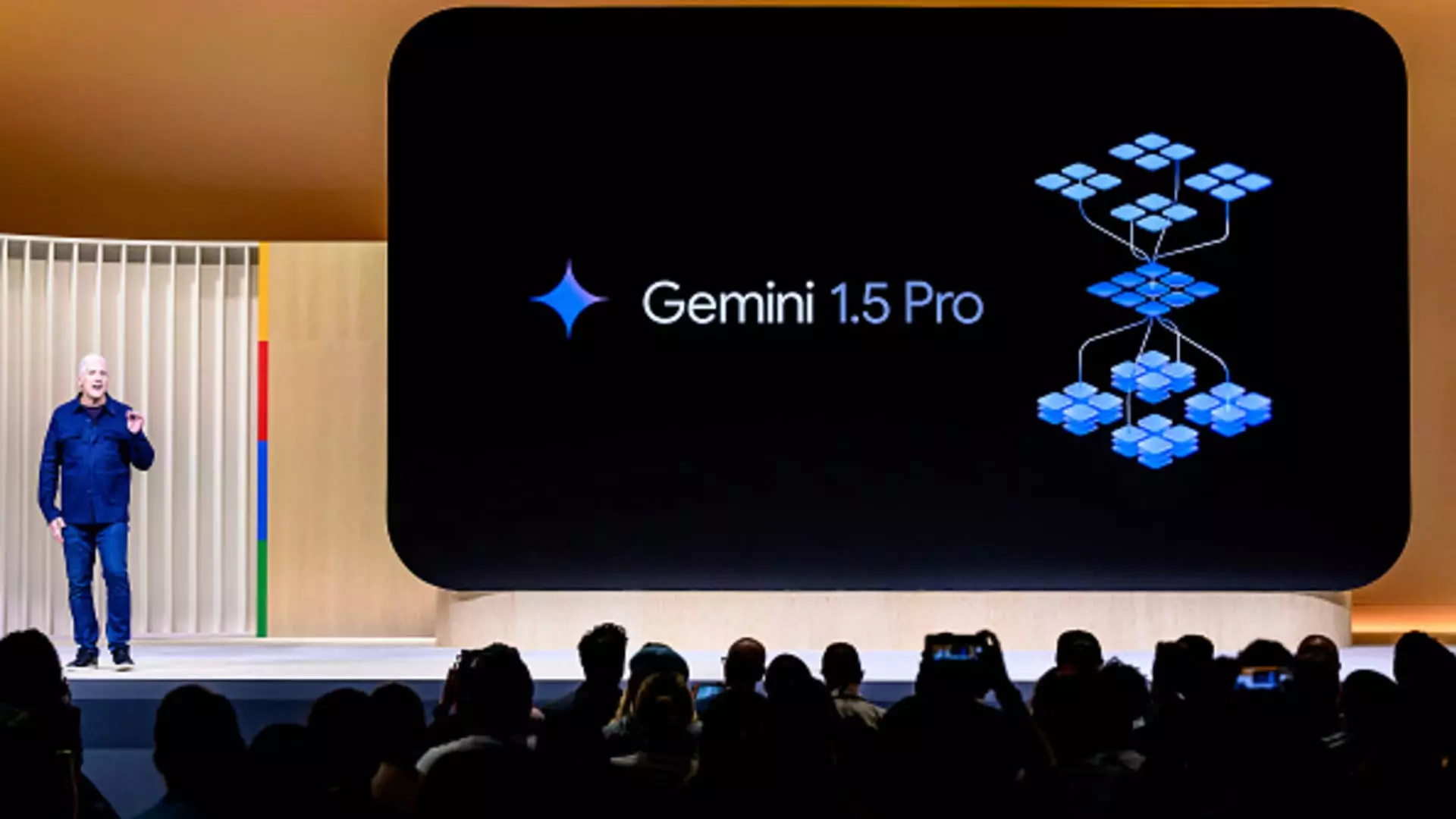During Google’s recent Pixel phone launch event, product director David Citron displayed the capabilities of the company’s new AI assistant, Gemini. In front of a live audience of media and analysts, as well as online viewers, Citron attempted to demonstrate Gemini’s ability to check his calendar for an upcoming event. Unfortunately, the live demo encountered technical glitches and errors, leading to an awkward moment on stage.
While Google showcased live demos of its AI features with Gemini, Apple chose to present a prerecorded video demonstrating Siri’s forthcoming capabilities under its new AI system, Apple Intelligence. The contrasting approaches of the two tech giants reflect their strategies in integrating AI into smartphone software and engaging with consumers.
As the demand for AI-capable smartphones grows, both Google and Apple are racing to stay ahead in the market. Google’s emphasis on real-time demonstrations and immediate product availability contrasts with Apple’s more controlled approach of scripted testing and limited developer previews. The integration of AI into smartphone operating systems marks a significant shift in how users interact with their devices.
With the emergence of generative AI technologies like ChatGPT and multimodal AI, smartphone users can expect more interactive and personalized experiences. Google’s focus on deep research capabilities and natural conversation with its next-generation assistant, Gemini Live, highlights the advancements made possible by decades of investment in AI. Apple, on the other hand, is under pressure to deliver on its promises of AI integration and enhanced functionality for Siri.
As the competition between Google and Apple intensifies in the AI space, consumers can anticipate a shift towards simpler AI functions running directly on device chips. This transition from large data center processing to on-device AI features like summarization and fluency will redefine the user experience. Both companies are vying to position themselves as leaders in the AI-driven smartphone market, with Google’s emphasis on real-time capabilities and Apple’s focus on integrated hardware and software expertise.


Leave a Reply